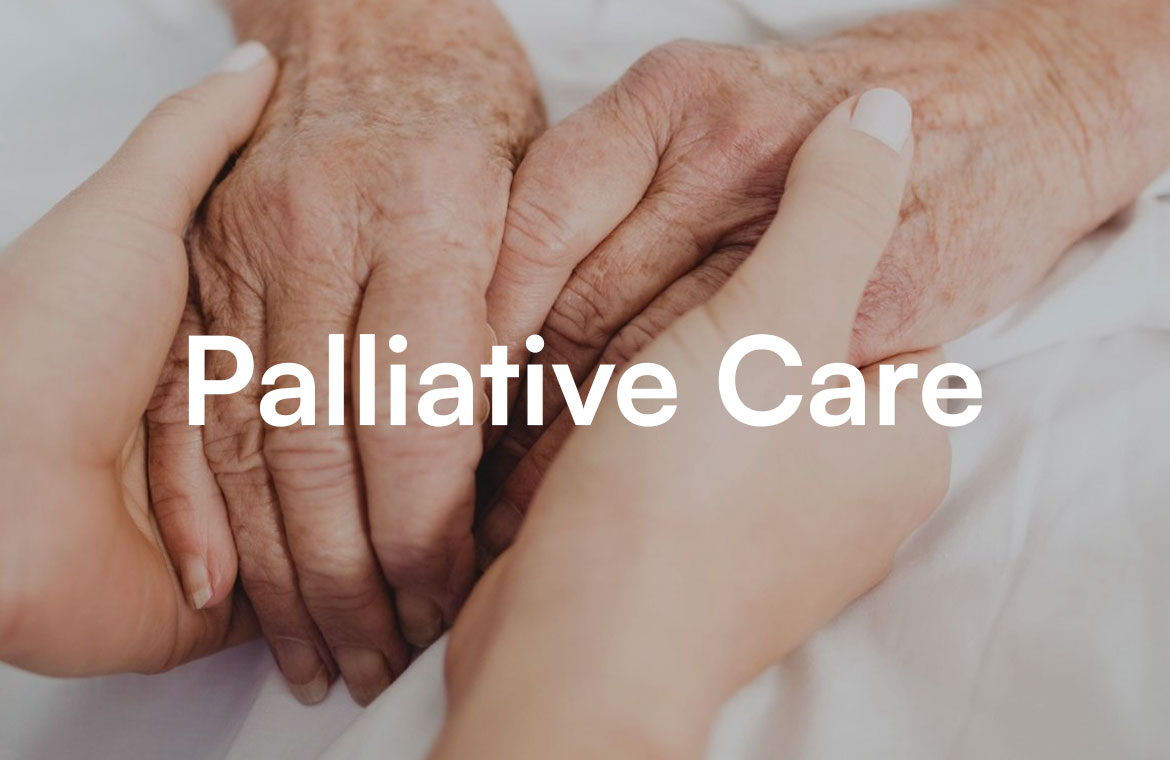My medical journey began in the bustling year of 2004. As a young, eager student, I was enthralled by the mesmerizing dance of human biology – the beautiful choreography of cells and tissues that allowed us to exist, to breathe, to think. As I advanced into my clinical rotations during my second year, however, a conspicuous void began to overshadow my fascination. Among the highly sophisticated techniques and disease-centric treatments, I observed a noticeable absence – the human element. The significance of a patient’s mental and emotional well-being was largely ignored, provoking me to explore the holistic healing realm.
Two poignant encounters during my practice further fuelled this exploration: a 45-year-old man battling diabetes and grief, having lost his wife to the clutches of cancer, and a 60-year-old woman, also diabetic, abandoned by her overseas-dwelling children. Their emotional tribulations were starkly different, yet their prescribed treatment was identical: Metformin, 500mg. This prompted me to approach their situations with a distinctive, more holistic lens, rather than merely addressing their physical conditions.
Holistic healing is an all-encompassing approach that considers a person’s physical, mental, emotional, and spiritual well-being in disease management and prevention. This perspective views the mind, body, and spirit as interdependent entities, aiming to foster harmony among them and bolster our innate healing abilities. Modern medical education, on the other hand, primarily prioritizes the physical aspects of health, leaving the comprehensive understanding of wellness in the shadows.
My comprehension of holistic healing was significantly shaped by a cardiologist from Coimbatore. Despite his commendable precision and successful interventions, he noticed an unsettling pattern – patients returned with recurring heart complications. His philosophy was distinct, focusing on treating the patient as a whole, rather than simply the diseased organ.
Following his insightful footsteps, I incorporated holistic healing principles into my practice. This transcended addressing the physical symptoms alone. It involved understanding and managing my patients’ stress, their lifestyle choices, and their emotional states. The transformation was unmistakable – I witnessed a significant improvement in their overall health and a decrease in recurring health issues. This demonstrated the profound impact holistic healing could have on patient care, an awakening inspired by my mentor cardiologist.
As for my diabetic patients, I maintained their Metformin dosage while regularly monitoring their Fasting Blood Sugar (FBS) and HbA1c levels. With my 45-year-old patient, I introduced the concept of ‘Runanubandha’ from the Indian healing system. This integration resulted in his HbA1c dropping from 8 to 6, a testament to his improved diabetes control through a combination of Metformin and spiritual practices. Today, he thrives, free of medication for the last five years.
In the case of the 60-year-old patient, my approach diverged. Recognizing her knack for Hindi, I encouraged her to utilize her skill by teaching Hindi classes. This endeavour instilled purpose, happiness, and gratitude in her life, which significantly improved her sleep quality. Coupled with her Metformin regimen, these lifestyle changes successfully reduced her HbA1c from 9 to 7 in merely three months.
Regrettably, these instances of holistic healing are more outliers than standard practice in medical education. Why is this critical aspect missing from our teaching methods?
The answer lies partially in the long-established tradition of compartmentalization in medical education. Aspiring physicians are groomed to specialize and focus on specific body systems, fostering a reductionist view of health and disease that fails to recognize the interconnected nature of the human body and mind. Additionally, the intense pace and massive volume of information characteristic of medical education often precludes students from delivering into alternative healing approaches.
However, change is on the horizon. More and more medical institutions are acknowledging the importance of holistic healing. They are incorporating courses on mindfulness, stress management, and nutrition into their curricula and encouraging students to prioritize their own mental and physical well-being, recognizing that a healthier physician is better equipped to provide superior patient care.
Integrating holistic healing into medical education holds the promise of equipping future physicians with the tools to treat their patients more effectively, appreciating them as whole beings rather than mere carriers of symptoms.
In conclusion, the time has come to identify and fill the void of holistic healing in medical education. As the wise Lao Tzu proclaimed, “Knowing others is wisdom, knowing yourself is enlightenment.” It is our responsibility to enlighten our medical students about holistic healing, bridging the gap between the physical and non-physical aspects of health to truly heal our patients.





Nice post